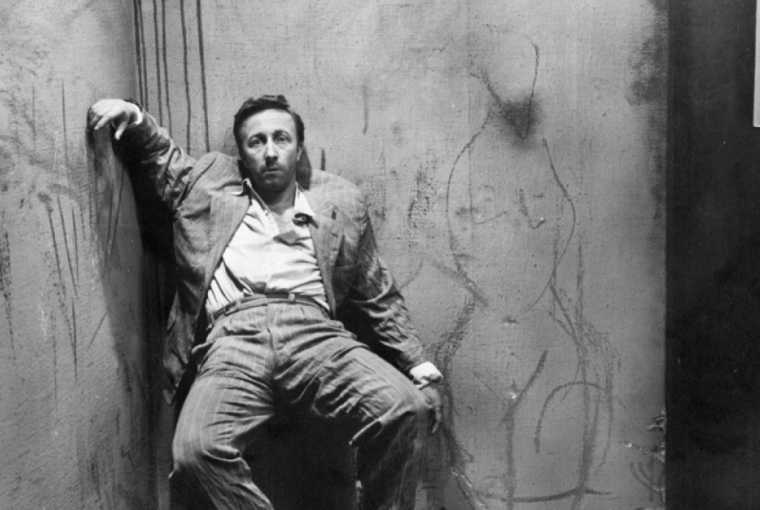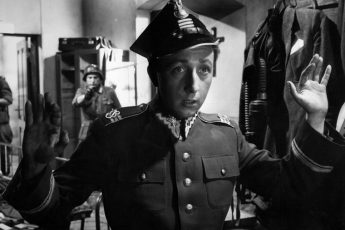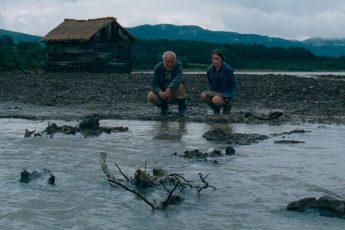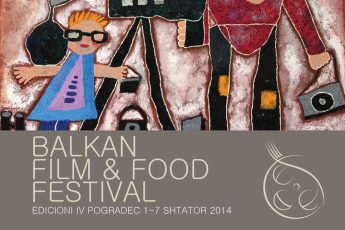
Poles who helped Jews survive the Holocaust are to be honored with a monument in Warsaw. The winners of the call for proposals were announced in spring, while construction is scheduled to start in 2015. Until then, discussions regarding the legitimacy of the project are sure to continue.
The monument will be built on the Grzybowski square in Warsaw, which also houses the All Saints Church of Warsaw. Jews are believed to have hidden in the church during the Nazi occupation, making it a place with symbolical value. Only that parts of the local population as well as the governing borough did not want a monument on Grzybowski square when plans first became public in 2008. The proposal was dropped the same year only to reappear soon thereafter. In 2011, the City of Warsaw managed to push the project through, which is now almost sure to be realized. This doesn’t only disregard earlier objections from local inhabitants, but likewise that of many experts and journalists who claim that the project glorifies Poland’s past. Helena Datner, Bozena Uminska-Keff, and Elzbieta Janicka, three prominent intellectuals who have represented the Jewish community in Poland for various organizations, wrote an open letter in March, underscoring that those Polish individuals who helped the Jewish population “did not operate on behalf of the Polish nation. They were a handful, and the most lethal threat to them was other Poles [who] held strong anti-Semitic beliefs.” Methodological demurs have also been voiced. Alina Cała, a Polish historian working for the Jewish Historical Institute in Warsaw, notes that the list with the names of those Poles who saved Jews referenced by the project researchers partly draws on a study co-commissioned by Radio Maryja, a Catholic broadcaster which has repeatedly been accused of spreading anti-Semitic views.
That the Polish government has started to acknowledge anti-establishment views is laudable. Alina Cała, though highly critical of Poland’s involvement in the Holocaust, received the Order of Polonia Restituta in 2011, one of Poland’s highest national decorations. In 2012, a memo was sent to Polish diplomats asking them to consider promoting Inferno of Choices: Poles and the Holocaust, a book that offers an unforgiving view of that period in Polish history. Still, such policies are not comprehensive enough to facilitate lasting changes in the public debate. In Polish cinema, many projects co-funded by the Polish Film Institute do little by way of historical education (Tajemnica Westerplatte and Hans Kloss. Stawka większa niż życie are prime examples for this). As the case of the monument on Grzybowski square shows, the romanticizing fraction of Polish society still wins all too often in the end. It is worth recalling that a monument for Poles who rescued Jews during WWII already exists: it is situated in the Park Ocalałych (literally “Park of Survivors”) in Łódź, and consists of metal plates with the names of the saviors engrained on them – an idea taken up in the proposal that won the design contest for the Warsaw monument. The plates in Łódź are towered by an eagle, Poland’s national symbol. If you examine the construction carefully, you may even notice that it is arranged like a Magen David.
***
This month, Moritz Pfeifer critiqued Aleksei German’s Hard to Be a God, a film that is visually impressing, but which tends to put confusion above the philosophical ideas underlying it. Konstanty Kuzma revisits Andrzej Munk’s Bad Luck for our Polish focus 2014 and meditates on not finding it funny. Colette de Castro saw Viktor Taus’ Clownwise, a film which follows a Czech comedic ensemble reunited after years of separation, while Lilla Puskás reviewed Corn Island, a Georgian film that revolves around the Georgian-Abkhaz conflict.
Finally, our September issue features Ana Grgić’s festival report from the Balkan and Divan Film Festivals. She also interviewed Marian Ţuţui, the artistic director of the Divan Film Festival, and Eno Milkani, the organizer of the Balkan Film Festival.
Konstanty Kuzma & Moritz Pfeifer
Editors




Leave a Comment